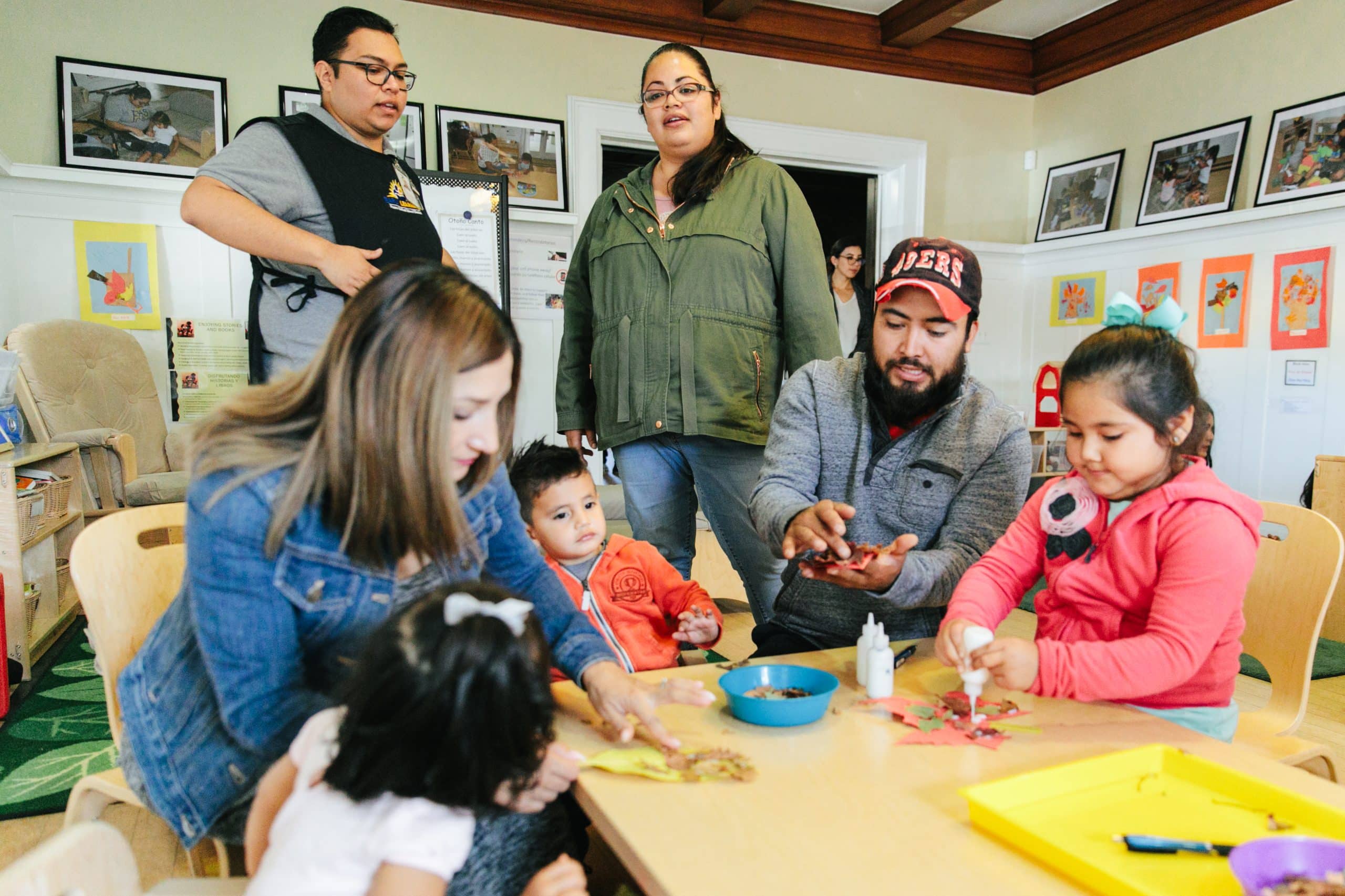
The Growing Prevalence of Family, Friend, and Neighbor Child Care in the United States
In the United States, an increasing number of families are turning to informal care arrangements to address their child care needs, particularly through family, friend, and neighbor (FFN) care. This form of child care, characterized by its home-based and unlicensed nature, involves caregivers who have personal connections to the children and their families. Common FFN providers include grandparents, aunts, uncles, family friends, and neighbors. Notably, the majority of FFN caregivers are women, and approximately half identify as people of color, reflecting the diverse fabric of American society.
FFN care is a crucial support system for many families, offering a combination of affordability, flexibility, and trustworthiness that traditional child care options may not provide. This informal setup allows parents to balance various responsibilities, such as employment, further education, or caregiving for other family members, all while ensuring their children are nurtured within a familiar and supportive environment. Such arrangements are not merely a stopgap; they play a vital role in the healthy development of children by providing a stable and enriching atmosphere.
One of the primary reasons families opt for FFN care is its cost-effectiveness. Traditional child care facilities often impose substantial fees that can strain a family’s budget, especially in economically challenging times. In contrast, FFN care arrangements typically offer lower financial barriers, making it a more accessible choice for many households. Moreover, the personalized nature of FFN care can enhance the child’s experience, as caregivers often tailor activities and routines to meet individual needs.
Cultural considerations also play a significant role in the decision-making process for families. Many families find FFN care more culturally resonant, as caregivers frequently speak the same language and share customs and practices that align closely with the family’s heritage. This cultural compatibility can foster stronger relationships between caregivers and children, enhancing the child’s sense of identity and belonging.
Flexibility is another key factor driving families towards FFN care. Unlike traditional child care centers that operate on fixed schedules, FFN arrangements can often adapt to the unique and varying schedules of families. This convenience can significantly reduce the stress associated with child care logistics, making it a more attractive option for working parents.
As families across the U.S. continue to embrace FFN care, it becomes increasingly important for policymakers and community leaders to recognize and support this informal caregiving network. By acknowledging the value and significance of FFN care, additional resources can be allocated to ensure that these caregivers are equipped with the tools and training necessary to provide safe, high-quality care. Improving support for FFN caregivers can ultimately lead to better outcomes for children and families, reinforcing the critical role that informal care plays in the broader child care ecosystem.

